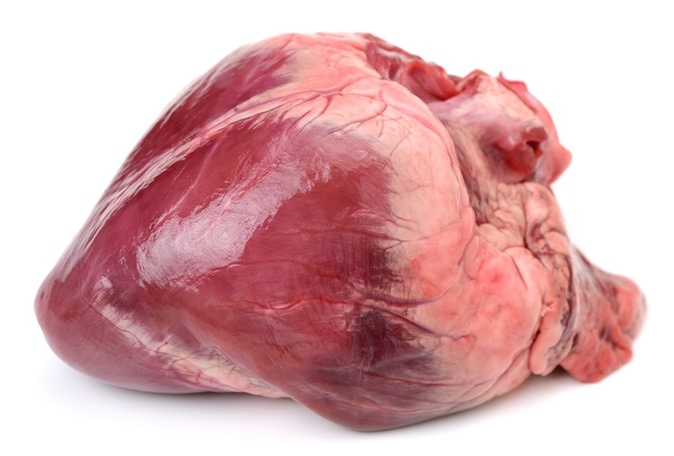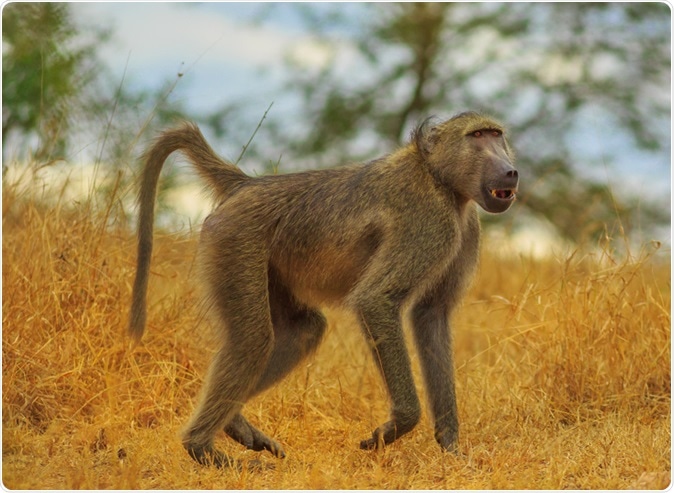A group of researchers have successfully transplanted pig hearts onto baboons and studied then for a long duration to see if the transplant was a success.
This study could pave the way for xenotransplantation of pig organs into humans who are in need of organ transplantation. The results of this experimental study were published in the latest issue of the journal Nature.
There is an acute shortage of human organs for transplantation compared to the need. If xenotransplantation from pigs could be done, it could save hundreds of thousands of lives, say the researchers from Germany, Sweden and Switzerland. Some of the problems faced in the development of xenotransplantation were organ rejection by the recipient’s body, viral infections from the donated organ and ethical issues. Researchers have said that gene editing tools could soon address the problems of organ rejection.

Pig heart - Image Credit: JIANG HONGYAN / Shutterstock
In an earlier study pig hearts were transplanted onto baboons and they were studied for two and half years. However the baboons used their own hearts for pumping blood and the pig heart was additionally placed in the animals’ abdomens. In this new breakthrough attempt, the team has replaced the baboon hearts with the pig hearts. They could keep the baboons alive for an average of 57 days maximum with the pig hearts. One of the baboons however was found to survive over six months.

Male of Chacma Baboon species Papio ursinus. Image Credit: Benny Marty / Shutterstock
To achieve longevity in the recipient animals the team modified their transplant procedure. They preserved the donor hearts in cold storage at 8C (46.4F) immersed in fluids which contained hormones, red blood cells, nutrients and oxygen which moved in and out of the organ. The baboons who were receiving the hearts were given medications to stop the pig hearts within them from expanding and also medications to bring down their blood pressures to the levels seen commonly in pigs.
Surgeon Bruno Reichart, one of the researchers on the team from Ludwig Maximilian University of Munich said, that the hearts that are transplanted tended to grow bigger and this created problems. The team had attempted to prevent this from happening. From the five baboons tested, one had to be put down after the transplant and two went on to live for three months. These two were then put down for a deeper look. Of the other two, one lived for 195 days while the other for 182 days. These two were then also put down for study.
According to Reichart there was funding support from the German government which could ensure further research with cleaner donor animals and also plan and execute human clinical trials in around three years’ time.
Christoph Knosalla from the German Heart Centre in Berlin said the International Society for Heart and Lung Transplantation wrote an accompanying article with this study and said that xenotransplantation from pigs could become a reality after at least 10 primates are tested and of these at least 60 percent survive at least three months or more. He wrote, “Heart failure in the United States is expected to reach more than eight million by 2030, and many of these people will die while waiting for a donor organ.”